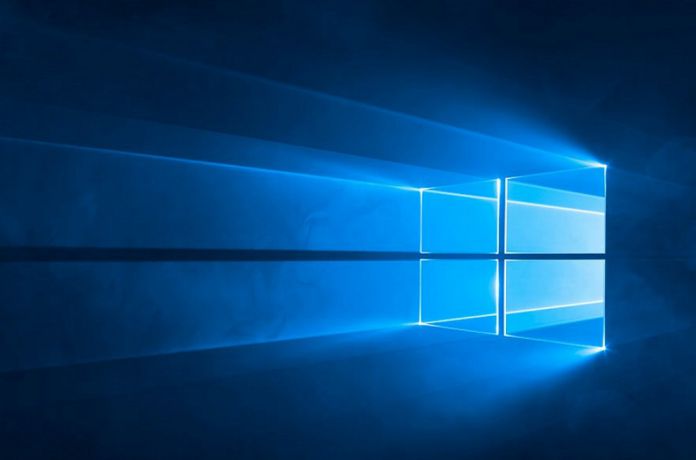Microsoft really wants you to use your online account to sign in to Windows 10. This was made clear when it hid the local account option last year, but that change was limited to the US. Now, Dr. Windows says the choice is equally disguised in Germany, with a worldwide rollout seemingly imminent.
Deceptive UI design, known as ‘dark patterns’, is extremely effective. With users being constantly bombarded by information, the buttons that stand out the most are the ones they’re most likely to click. Microsoft was using this previously, but it’s now switching to more aggressive tactics.
Some users, in both the US and Germany, are reporting that the offline account option only shows up when they aren’t connected to the internet. Rather than being tucked away in the bottom left corner as before, it’s hidden entirely. Instead, a ‘more information’ button informs users that if they can remove their Microsoft account later if they don’t want to use it. Dr. Windows even reports that you can be taken out of setup if you connect to Wi-Fi immediately after setting up your local account and prompted to use an online one instead. Thankfully, you can cancel that option if you wish.
Microsoft has plenty of reasons to shoehorn you into an online account. The feature lets you sync settings and data between PCs, as well as giving you quick access to the Store, password recovery options, and two-factor authentication.
In this case, however, it’s hard to say that the ends justify the means. Though telemetry data will be sent back to Microsoft either way, using a local account means your settings and other sync data won’t go through the company’s servers. Accounts connected to the internet are also more likely to have their passwords leaked, especially if they’re used on other services.
For informed users, unplugging their ethernet cable during setup isn’t a big deal, but this change is likely to lead to millions of regular consumers not realizing they have a choice. Given its strict privacy and consumer laws, it’ll be interesting to see what the EU makes of this.






